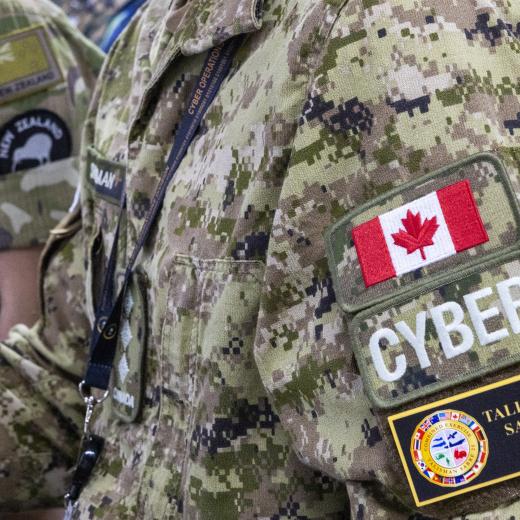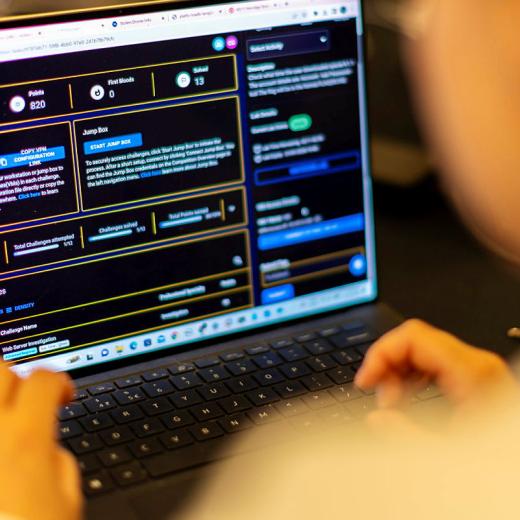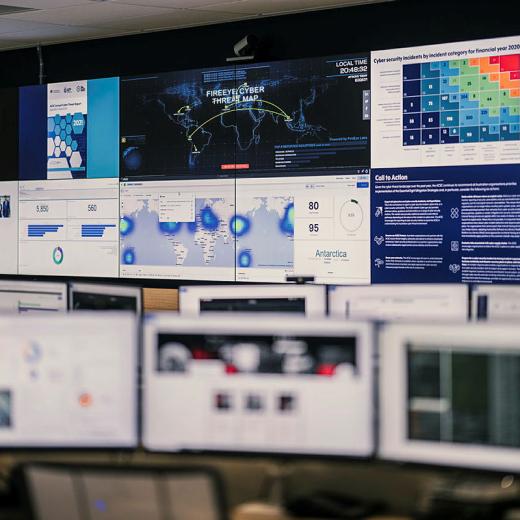BLUF
During 2020 Covid-19 forced many people to work-from-home— this provided cybercriminals with more opportunities to exploit companies and individuals.Summary
Working from home can be risky as home devices, and Wi-Fi networks usually have less cyber protection than most businesses. The rise in remote working forced companies to update their security protocols. Companies are using artificial intelligence (AI), and machine learning (ML). However, hackers can also deploy AI and ML to attack networks. An increase in business social media use has created vulnerabilities in authentication and verification areas— areas that can be exploited by hackers. Without a Virtual Private Network (VPN), it is easier for hackers to obtain information from both organisation and individual networks. Below is a list of actions that we can take to improve cybersecurity, can you think of others?
- Lookout for threats, scams and other phishing ploys
- Watch for endpoint cybersecurity systems.
- Be careful when signing up for online events or communicating via organisational social media accounts.
- Sign up for additional security training.
References
- 20 January 2021, ARN, Global cyber security investment to grow in 2021 following record-high breaches
- 18 January 2021, Financial Review, Cyber experts band together in joint defence pact
- 12 January 2021, The Strategist, Australia must do more to prepare for a SolarWinds-style supply-chain attack





